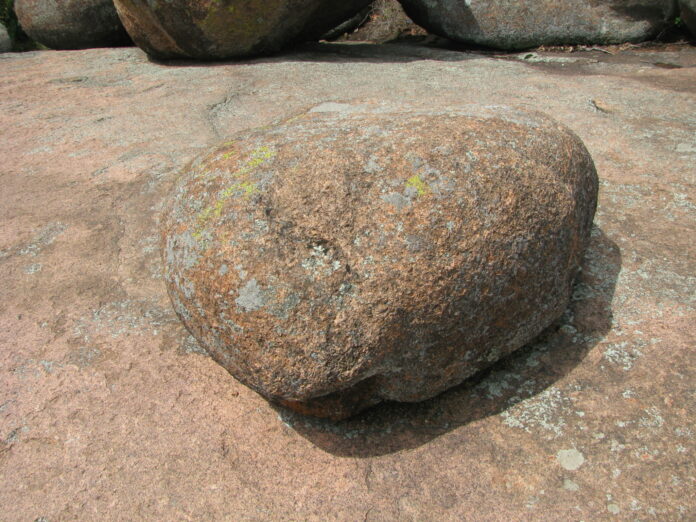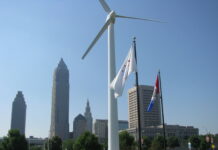Photo credit: DiasporaEngager (www.DiasporaEngager.com).
Inequality is a form of political disenfranchisement. The top 10 percent of U.S. households currently hold 68.8 percent of the country’s wealth, according to an analysis of Federal Reserve data. This hyper concentration grants an economically privileged class undue influence over our political process. By flooding our institutions with cash, they have more say than the rest of us over who gets elected and whose interests policymakers prioritize.
It’s no surprise, then, that our representatives reward that top 10 percent with lower tax liabilities and protection from policies that seek to redistribute wealth. From high-end tax cuts to corporate deregulation and a minimum wage that remains stuck at an unlivable level, the entire economic system becomes tilted in favor of the already wealthy. Meanwhile, policymakers take little to no action as rising costs of housing, health care and consumer goods hurt ordinary people.
Predictably, this has led to a decline in satisfaction and public confidence in democracy. Without strong labor movements and other working-class institutions, authoritarian movements may succeed in taking advantage of public disillusionment to impose a new undemocratic order — one that will only accelerate inequality.
Meanwhile, the carbon footprint of our economic elites eclipses the emissions generated by most of the global population. But while green energy is now cost-competitive with fossil fuels, the green transition is still not happening at the necessary pace. And a key reason for that is something intrinsic to our capitalist system: profit.
Under capitalism, the private sector invests in assets and industries that will yield a high rate of return. But market forces are failing to attract the necessary private investment for the green transition. The renewable development industry cannot compete with highly profitable fossil fuel companies that continue to distribute tens of billions of dollars in dividends to their shareholders — especially when those companies are subsidized and politically protected, due again to political inequality derived from their wealth.
In other words, for these investors there’s more money to be made destroying the planet than saving it.
U.S. capitalism has brought us to a crisis in our democracy and climate. It is unsustainable and won’t correct itself on its own. There is an alternative to complete market dependence: economic democracy and public ownership of green energy. And it will take broad-based democratic organizing to get it.
Source of original article: Institute for Policy Studies (ips-dc.org).
The content of this article does not necessarily reflect the views or opinion of Global Diaspora News (www.GlobalDiasporaNews.com).
To submit your press release: (https://www.GlobalDiasporaNews.com/pr).
To advertise on Global Diaspora News: (www.GlobalDiasporaNews.com/ads).
Sign up to Global Diaspora News newsletter (https://www.GlobalDiasporaNews.com/newsletter/) to start receiving updates and opportunities directly in your email inbox for free.





























